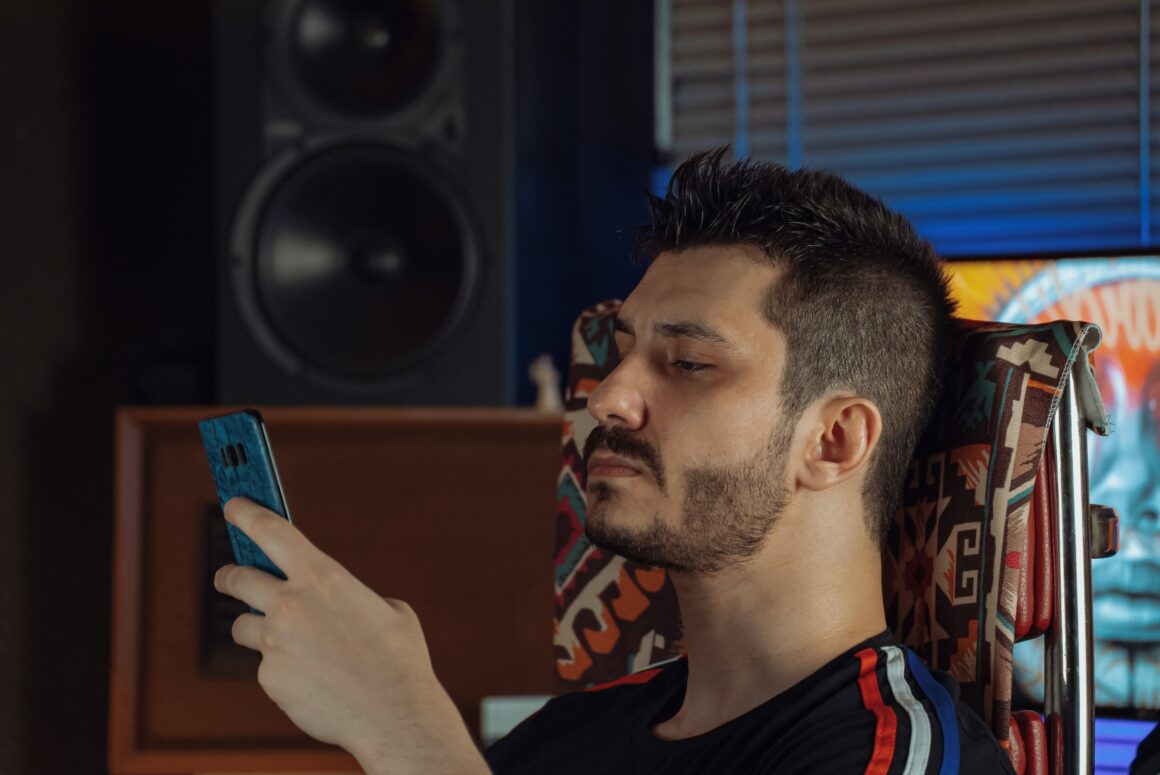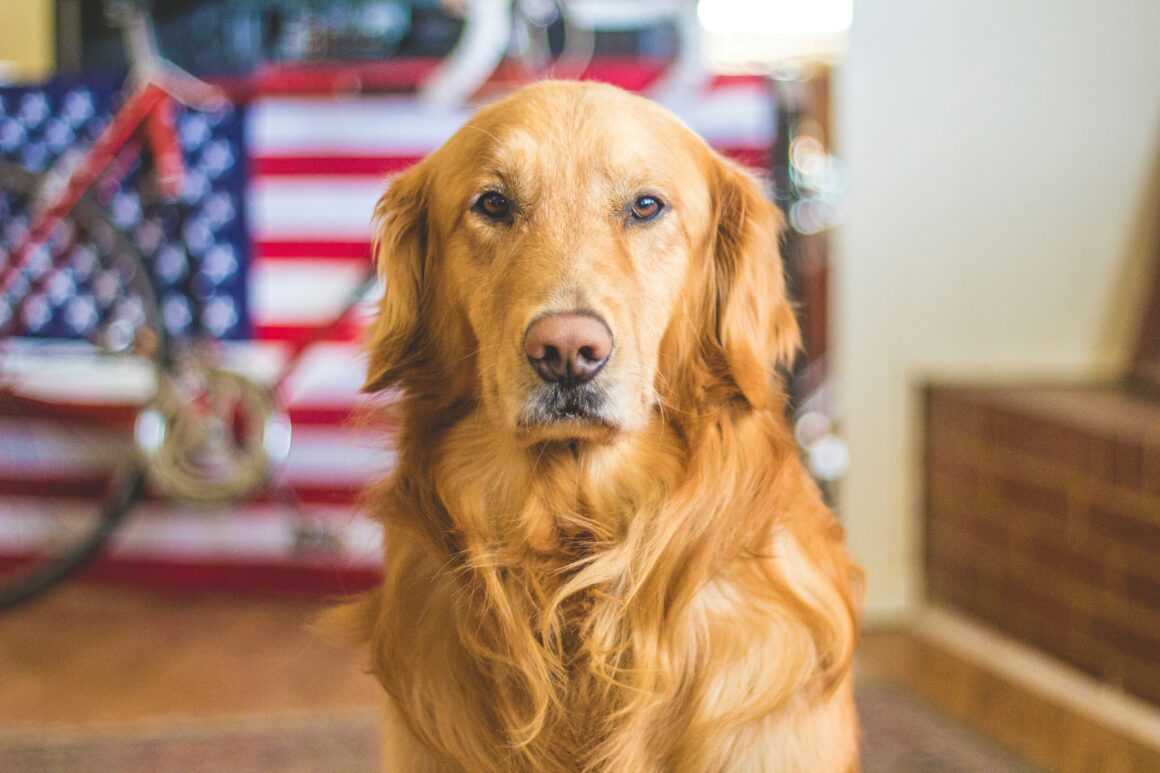As I brush over my photo albums, I distinctly remember my childhood as an ever moving family. We moved schools after schools, state after state, and this was because my father was in the military. Now, everything you’re picturing about your typical military family is absolutely right. We welcomed home my dad with obnoxiously huge signs, held BBQ cookouts with other army families that accompanied annoying toddlers, and most of all, we battled the military stigma.
However, there was one thing that made my military family implicitly different from the others. We were unapologetically latino. We held loud Mexican parties, created a new language that was called ‘Spanglish,’ and religiously ate elotes (corn on the cob) like the end was limitless. While I took pride in being a part of a latino military family, this intersectionality was something I often saw being pushed out of the typical military picture, and our experiences being invalidated in society.
This erasure of the kind of family we were, was something so obvious that this question often popped into my head several times throughout my elementary school career. Whenever there were remembrance or appreciation days for Veterans at my school, they always showcased a huge slide show of ‘special’ vets to remember. These slides one hundred percent consisted of white, caucasian vets, showing no appreciation for other veterans that were of different races and ethnicities. It was a disappointing feeling that regressed to my stomach every time because while I wished that there would be a veteran similar to my dad on that special screen, I knew inside that wishes like mine were never going to become realities.
As I grew older and dug deeper into the history of the United States and its armies, I realized that the under-representation of the people like my father was an act of forgetting history on the behalf of America. Much because, children of immigrants who were growing up in America’s pre-World War II society, were rushing to be enlisted for the draft. In fact, it is stated that over 500,000 latinos served in World War II, and that is including the 350,000 Mexican American soldiers and the 53,000 Puerto Rican soldiers. This forgotten truth consists of white people not wanting to accept that latinos have proven time after time that they are American citizens as well, who have served the United States just like their white counterparts. In fact, they still do. It is recorded that at least 157,000 latino soldiers now serve the United States, which is a number that is expected to double in the next ten years.
This white oblivion is something that can be perfectly summarized within one whole event: the Ken Burns documentary scandal in 2007. When Ken Burns announced the making of a new documentary titled “The War,” that would specifically focus on the stories surrounding the vets of World War II, Burns was called out due to the fact that there were no Latinos in this story that he was planning to report. Which was odd to think that such a huge population of the army would be left out – since we already know that half a million of latinos served during WWII, and that 12 Medal of Honors were given to Latino veterans. After receiving loads of pressure from Latino activist groups to include Latino representation into his film, Burns finally agreed to include these Latino voices into the documentary. However, one critic mentioned that the way that those latino interviews were being presented into the film gave off a conspicuous passive aggressive vibe.
People like Ken Burns embody the type of people in America that continue to negate the hard work that Latino vets have contributed to this country and perpetuate the stereotype that questions Latino vets whether they’re American citizens or not. It’s sad, disappointing, and demoralizing. Because for a country that values the hard work from all of its troops, it seems to be missing a large portion of them.





Comments are closed.